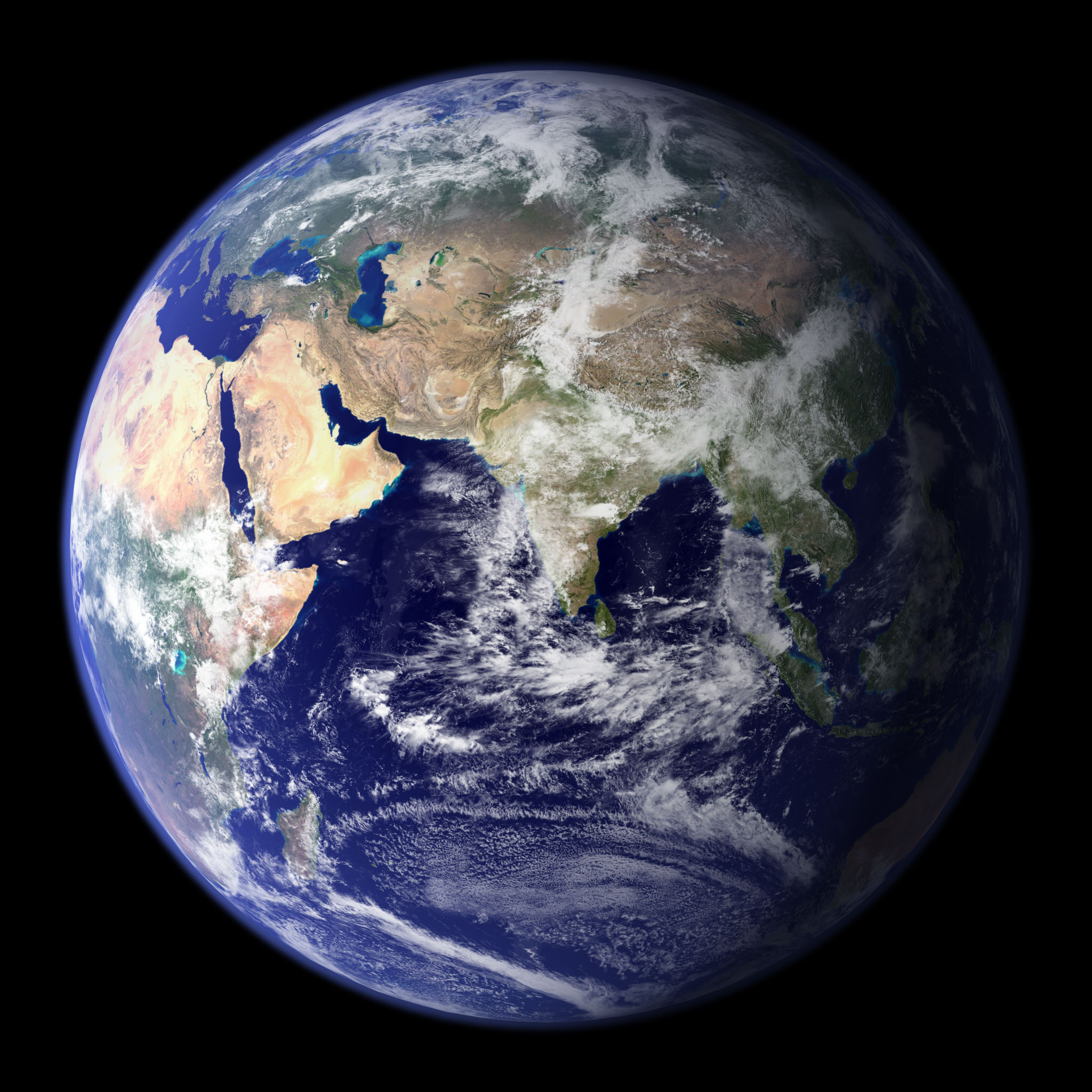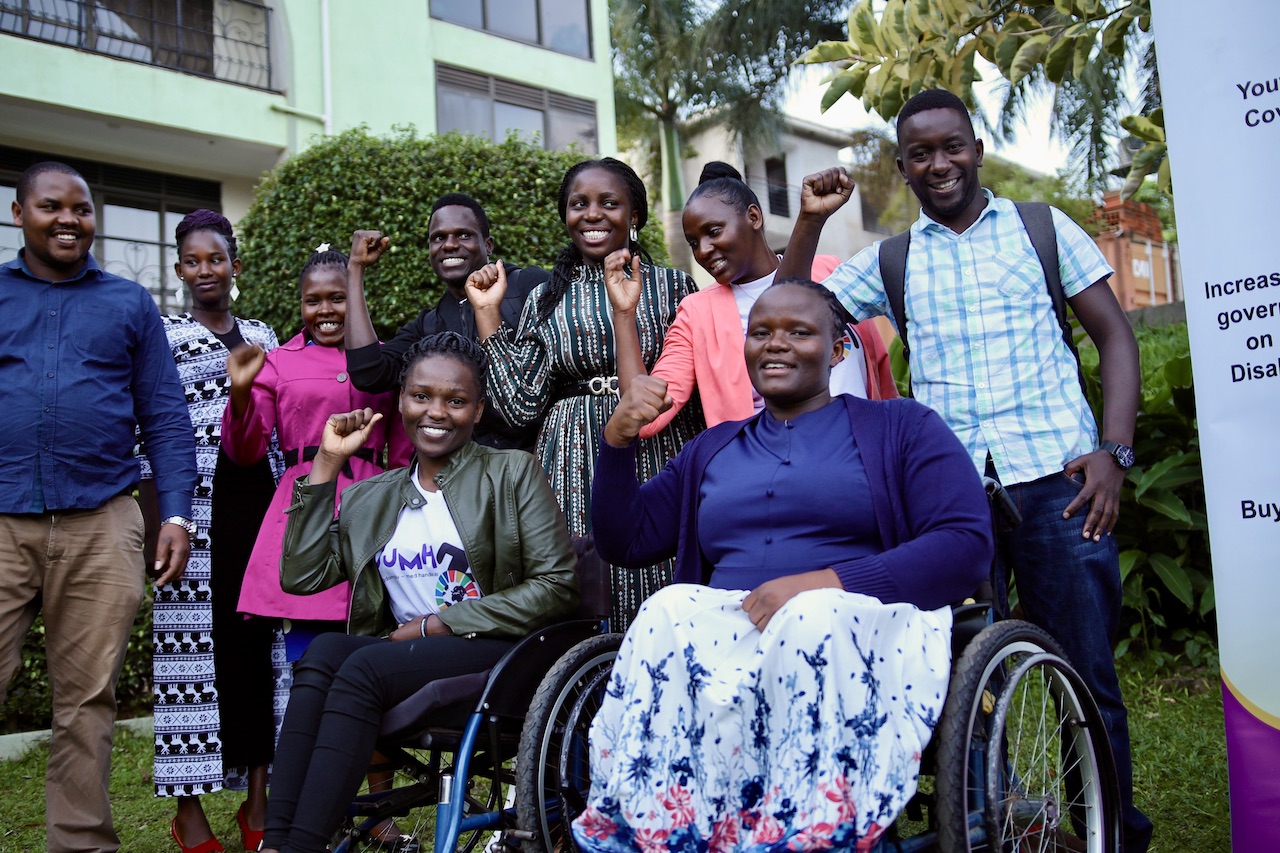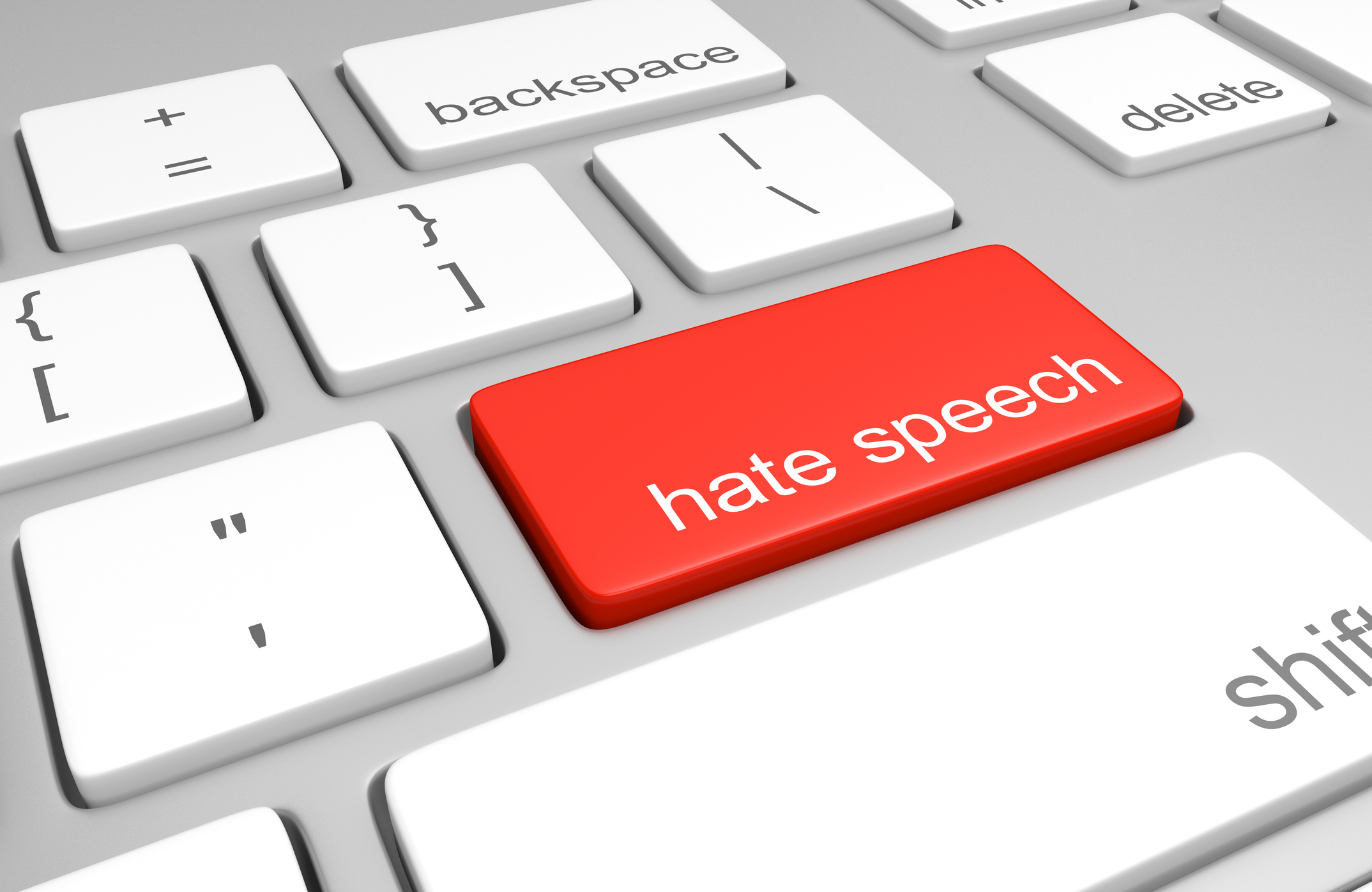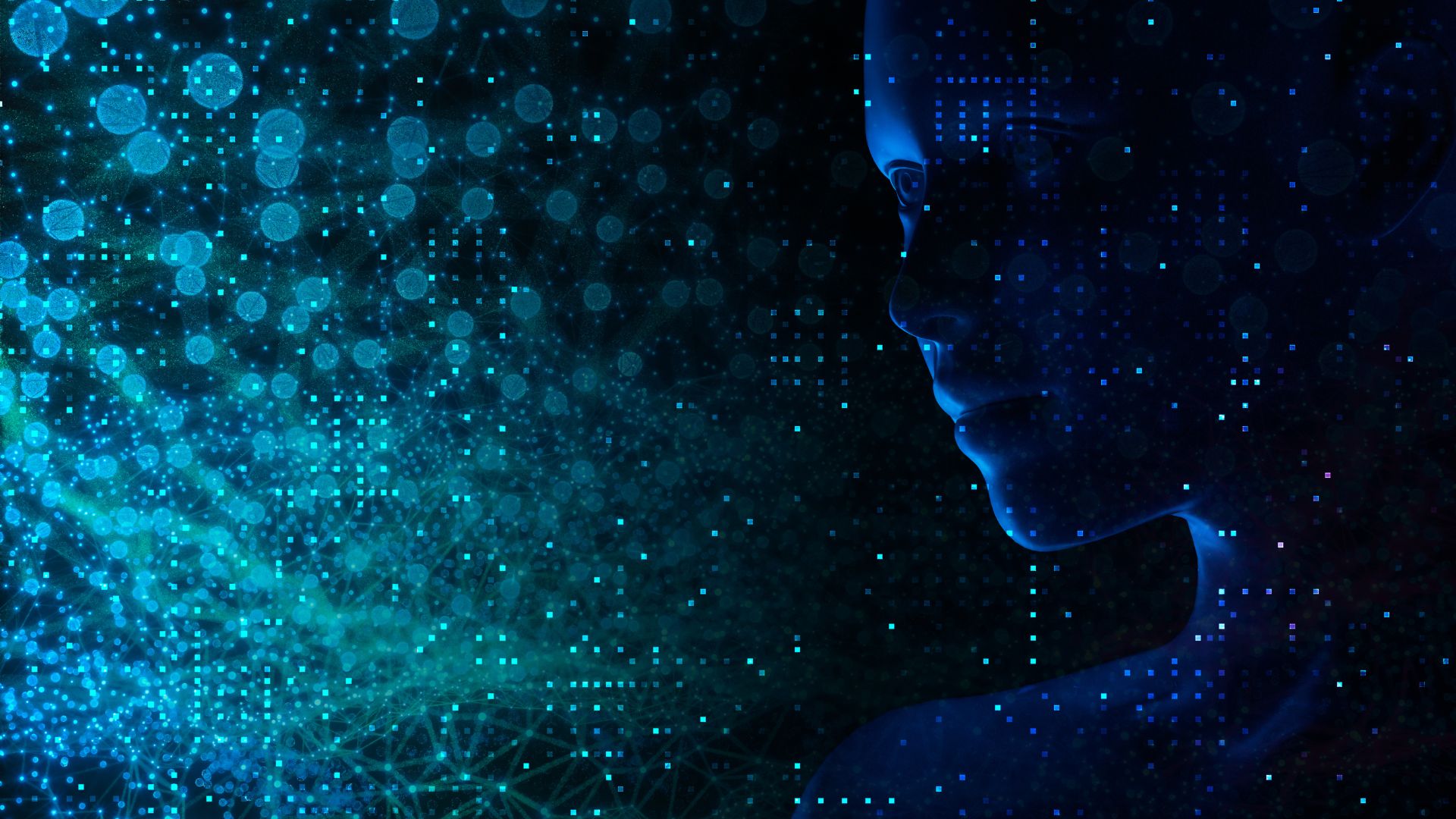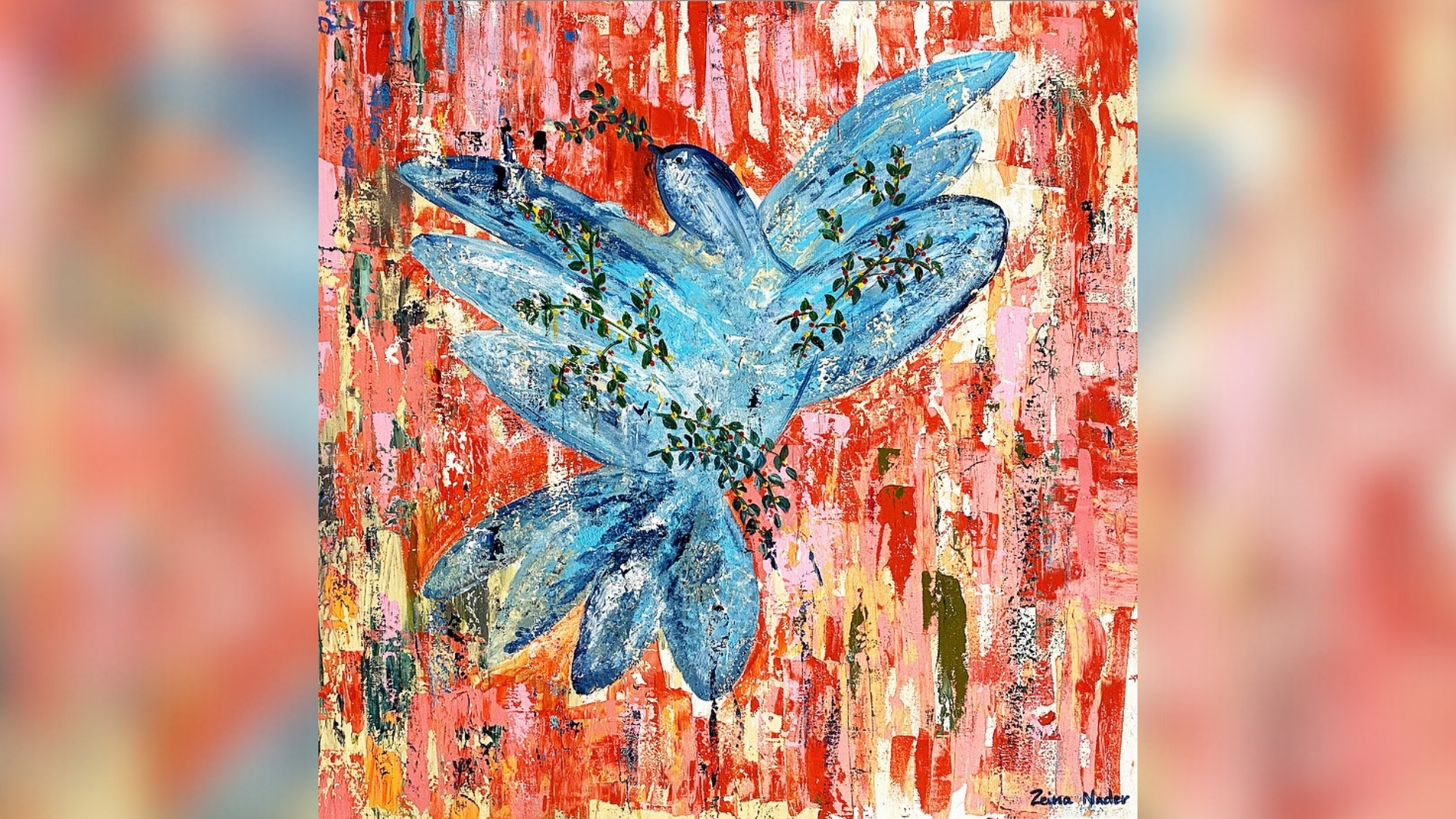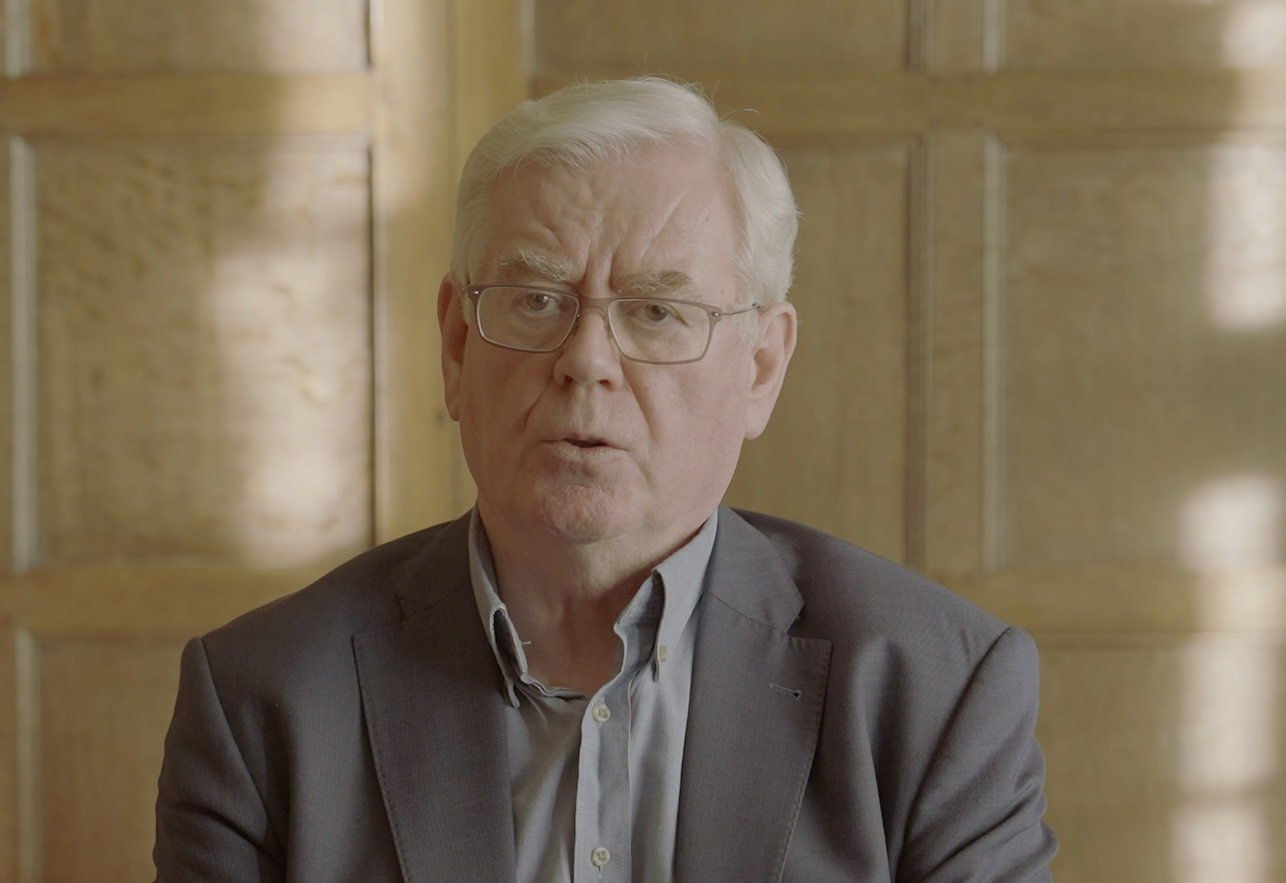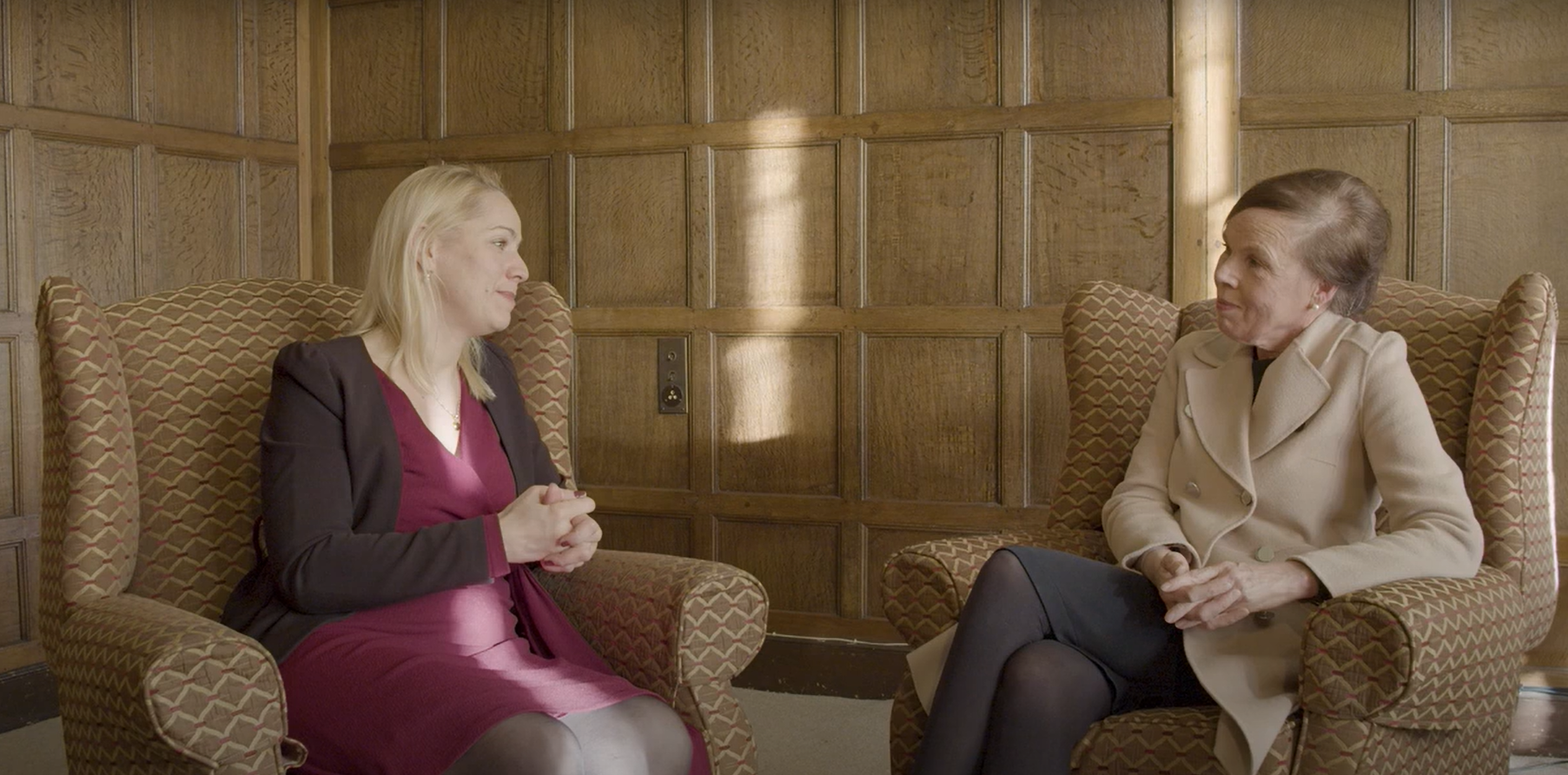Taking its starting premise that faith is a reality in the development context which must be addressed, this two day residential meeting aimed to examine how to engage with the issue of religion as a dynamic in development; address tension points between secular and faith-based approaches and identify ways of engaging as effectively as possible with communities / in countries where faith has a pivotal role.
Key points:
- Over the past decade there has been increasing recognition that religion has an important role to play in the development process.
- There is still room for broader recognition by policy makers, donors and actors on the impacts that faith and religious practice has on the development agenda and how these can be nurtured for better humanitarian and development outcomes.
- All organisations are value based, whether religious or not. The influence of faith is wide and strong and given that every community includes people from faith groups, the question for secular organisations is not whether to engage but how.
- There is a need for increased and improved religious literacy between the religious and the secular which moves the discussion on from simply tolerating diversity, to valuing, sustaining, and promoting it.
- All development actors – from policy makers to those providing on-the-ground technical assistance should also be given the skills necessary for religious literacy including the knowledge not just that religion matters but how it matters.
- Faith Based Organisations (FBOs) need to be able to measure and communicate the impact that they uniquely bring to the development sphere (and where the information exists, to be more forthcoming in sharing it).
- Sustainable development is not considered achievable without the empowerment of women. Religion has been the source of good work in this area as well as an actor in the discrimination of women.
- The distinctions between working on, with, and from religion should be made. We must hold onto complexity and diversity and to avoid simplifying definitions and identity as this is indeed the strength of authentic dialogue.
Further information
Diplomat magazine: Private and public religion (Canon, Dr Gary Wilton)
